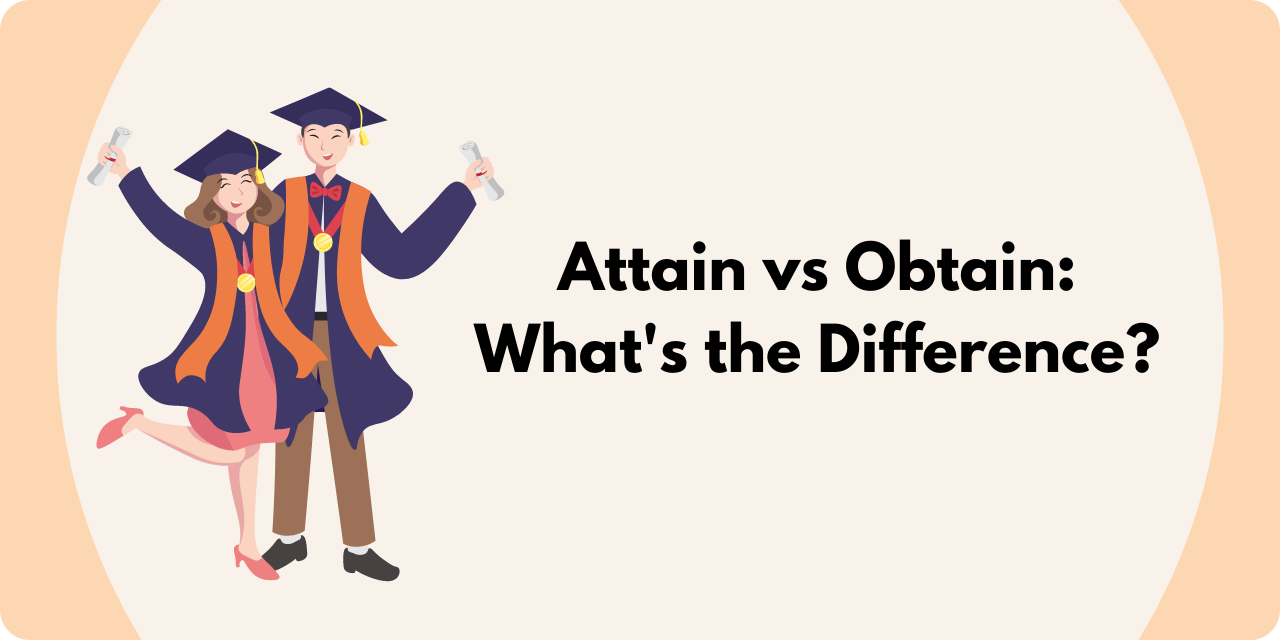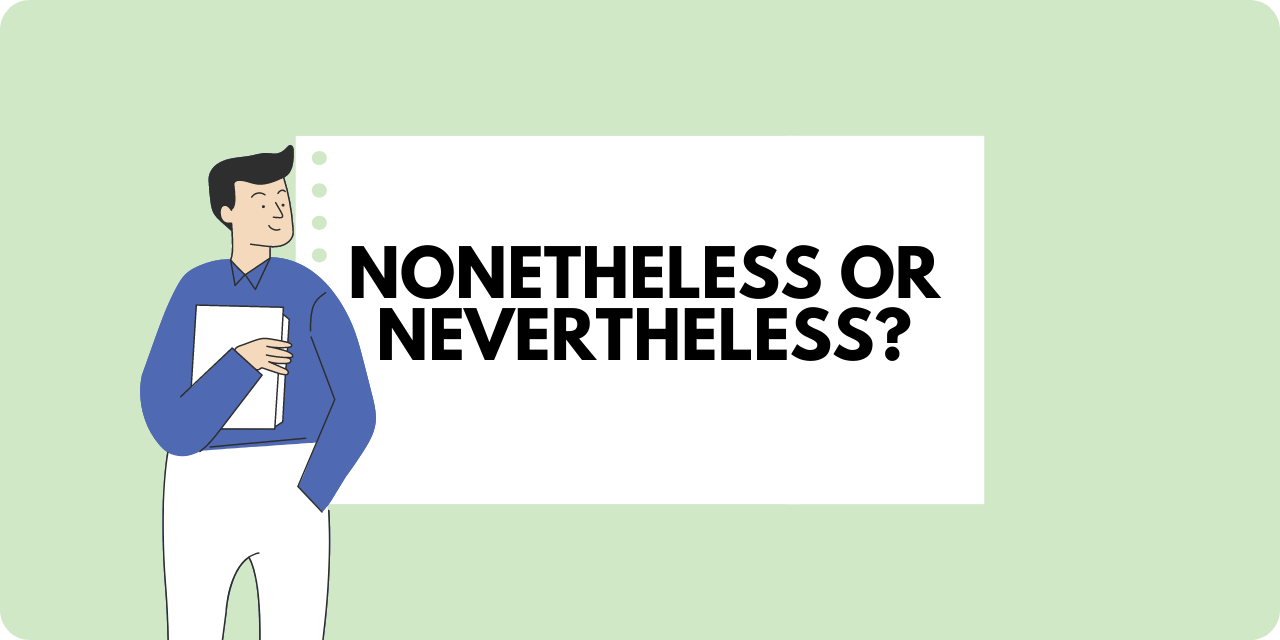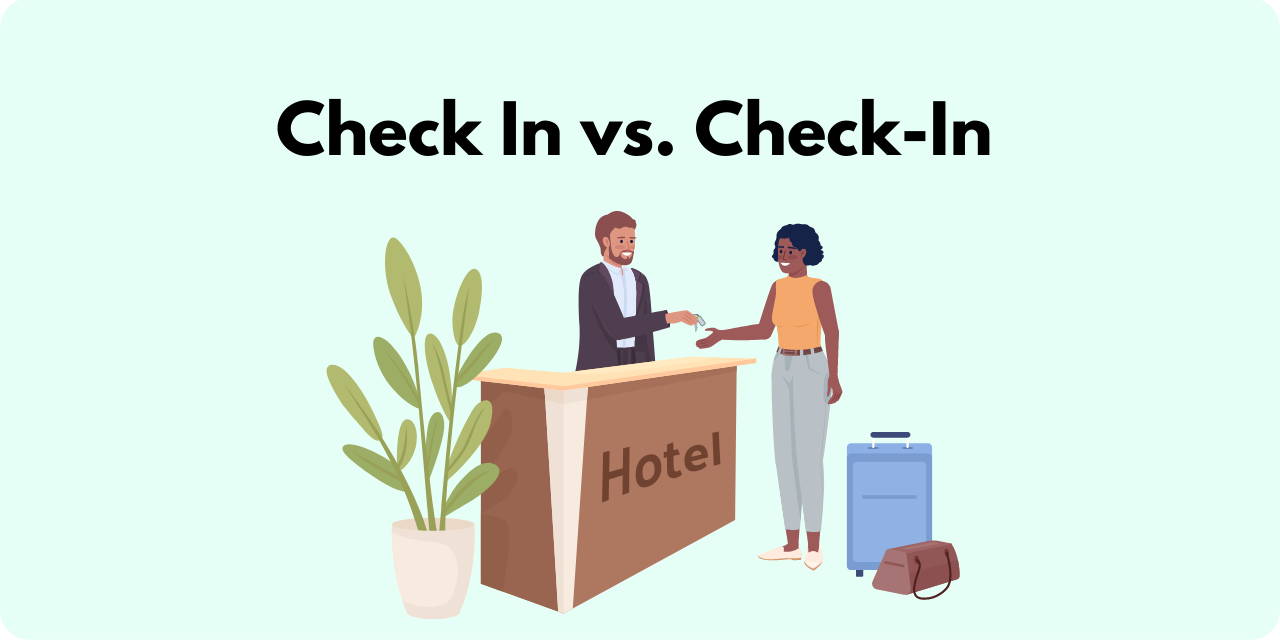It is rare in the English language to have tricky words that aren’t homophones or homonyms. Nevertheless, there always seem to be one or two exceptions that are explicitly there to give us a headache! A good example is scarred and scared, which act like, but are not true homophones or homonyms.
So, what is the true difference between these words? And is there any easy way for us to remember? Let’s get into it!
What Does Scarred Mean? When Should We Use It?
Scarred can function as an adjective to describe marks from injuries left on the skin. Thus, something that is scarred has a lot of permanent marks. Scars can refer to a variety of skin marks, such as scabs, blisters, cuts, or even true scars.
The word can also be metaphorical, hinting towards a mental, philosophical, or emotional wound. For instance:
- I had to watch an autopsy in class today. I think it scarred me for life.
- I’m pretty scarred after the fight I had last week.
- The chair is so scarred for dad sitting it in all day.
- Finding a scab on a rhino is common, as they commonly get scarred in fights.
When used as a verb, scarred acts to form the past tense form of the word scar. In this sense, scarred describes the action of actually leaving marks on someone or something. It can also be used metaphorically in this sense. For example:
- I scarred the apple with my pairing knife because I was bored.
- Jeremy scarred randy during their fight.
- The car crash scarred my arm, but I’m glad I got out safe.
Using Scar
To understand how we get these words from a root form, it could be helpful to look at how it is conjugated.
- For I/we, you, and they, scar stays in its normal form.
- For he/she/it, scar has an –s added to form scars.
- Scarring is used as the present participle
- Scarred is used as the simple past participle.
What Does Scared Mean? When Should We Use It?
Similarly to scarred, scared can act both as an adjective and a verb.
In its adjective use, scared describes when one is frightened or afraid. It tends to be a basic word that many people use to refer to those basic emotions. For instance:
- You were scared after watching that horror movie!
- The thunder makes the dog scared.
As a verb, scared acts as the past tense of scare, which means ‘to frighten’. For example:
- I scared my friends yesterday.
- The haunted house really scared me.
- I screamed in terror as the kids scared me on Halloween.
As a regular verb, scare follows all of the normal English conjugation rules.
How Can You Remember The Difference Between Scarred and Scared?
With only one letter of difference between them, these words can be especially tricky to pull apart. On top of that, their meanings are vastly different, so interchanging them would be a big mistake!
One great trick to remembering scared is that it contains one “R,” just like the word afraid, or scare. With this in mind, that may help jog your memory that scared refers to being frightened, while scared refers to physical wounds.






